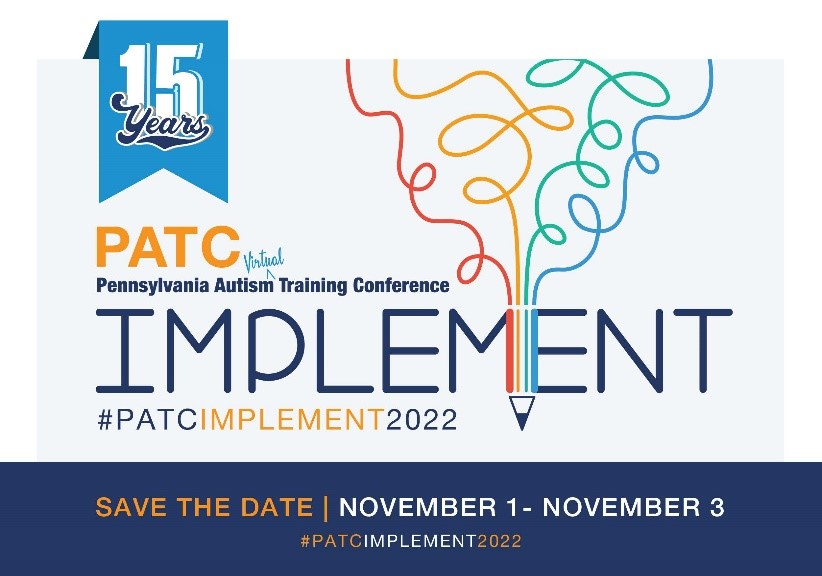OMHSAS Approves RCPA Telehealth Extension Request
Deadline for Consent/Service Verification Compliance Now March 31, 2023
In an effort to assist provider members in their efforts toward consent and service verification compliance, RCPA requested an extension of the December 31, 2022, deadline. RCPA outlined ongoing challenges towards meeting these standards that included integrating new platforms into existing infrastructure, funding, training, and internal process changes.
Yesterday, we met with the Office of Mental Health and Substance Abuse Services (OMHSAS) to outline these concerns and review provider progress towards compliance. In response, OMHSAS has agreed to extend the date for meeting the consent and service verification standards to March 31, 2023. Funding concerns, especially in the middle of a budget year, were also discussed, and OMHSAS will make available funds to aid providers in implementing these practices.
As part of the RCPA Telehealth Work Group meeting at 10:00 am on Tuesday, December 20, 2022, we will be covering this and other telehealth topics on the agenda. These include our hope to conduct online polling on specific telehealth issues. You can register for the meeting here. Additionally, the second half of the meeting will feature OMHSAS Policy Director Jenna Mehnert Baker, who will provide updates, guidance, and a Q&A. We hope you are able to join us for this call, as your participation in the meeting will provide up-to-date information on your efforts and information that will assist RCPA in our collective endeavors.
We are grateful for the collaboration with OMHSAS and their willingness to extend the compliance timeframe. RCPA is committed to working with providers to ensure telehealth services remain a viable part of the service delivery continuum.
Please forward all questions you may have for OMHSAS to RCPA Policy Director Jim Sharp.
Read the OMHSAS response from Dr. Dale Adair below:
The purpose of this communication is to address concerns expressed by RCPA specific to the impact of ending OMHSAS’ bulletin suspensions on 12/31/22. There appears to be a significant amount of concern about providers’ ability to have telehealth platforms in place by 01/01/2023. Just to clarify, at no point has OMHSAS stated that providers must have HIPAA-compliant platforms in place by January 2023? It is important to note that the Pennsylvania General Assembly has defined telebehavioral health to specifically include platforms. Act 76 of 2022 defined: “Telebehavioral health technology. (i) Any of the following:(i) Real-time interactive audio and video communication using technology that conforms to industry-wide standards and is in compliance with Federal and State privacy and security laws.(ii) Real-time interactive audio-only telecommunication, provided that the use of audio-only telecommunication technology is consistent with Federal and State laws, guidance and requirements.(2) The term does not include technology solely using voicemail, electronic mail messages, facsimile transmissions or instant messaging, or a combination thereof.”
OMHSAS Memorandum dated February 18, 2021, that temporarily suspended portions of bulletins and other guidance documents, stated that “verbal consent must be documented at the time of service, and providers are strongly encouraged to obtain electronic signatures when possible.” This language allowed verbal consent without a second witness during the public health emergency. At that time, OMHSAS also stressed the need for providers to acquire platforms capable of securing electronic signatures. Given OMHSAS’ previous recommendation, providers have had nearly two years to secure a platform capable of securing electronic signatures for consent and service verification. DHS is intending to provide a funding opportunity for providers per the approved HCBS spending plan. OMHSAS continues to look for additional ways to support compliance with the expectations of the Pennsylvania Act 69 of 1999 (Electronic Transactions Act).
It remains imperative for all entities delivering MA funded behavioral health services to have policies in place to capture consent in a way that creates an auditable trail. There are multiple ways that providers of telebehavioral health can meet this requirement including messages typed into the chat box of an audiovisual platform, email, text messaging, USPS mail and two-person verification of a verbal consent secured over the phone. Given the options available to providers and the fact that since 02/2021 OMHSAS has stressed the importance of developing appropriate systems to capture electronic signatures, OMHSAS asks that providers meet federal and state expectations. Understanding the challenges providers are experiencing, OMHSAS will extend the bulletin suspension specific to consent to treat, service verifications and treatment plans only that is scheduled to end on 12/31/2022 until 3/31/23. Effective on April 1, 2023, providers are expected to capture consent to treat, service verifications and approval of treatment plans in a manner that creates an auditable file and in accordance with the timelines expected within regulation. While we understand the operational challenges, waiving the requirement that consent and service verification are secured in a manner that would withstand an audit any longer than three additional months is simply not possible. We believe the definition created in Act 76 serves to govern the delivery of telebehavioral health in the Commonwealth moving forward.















